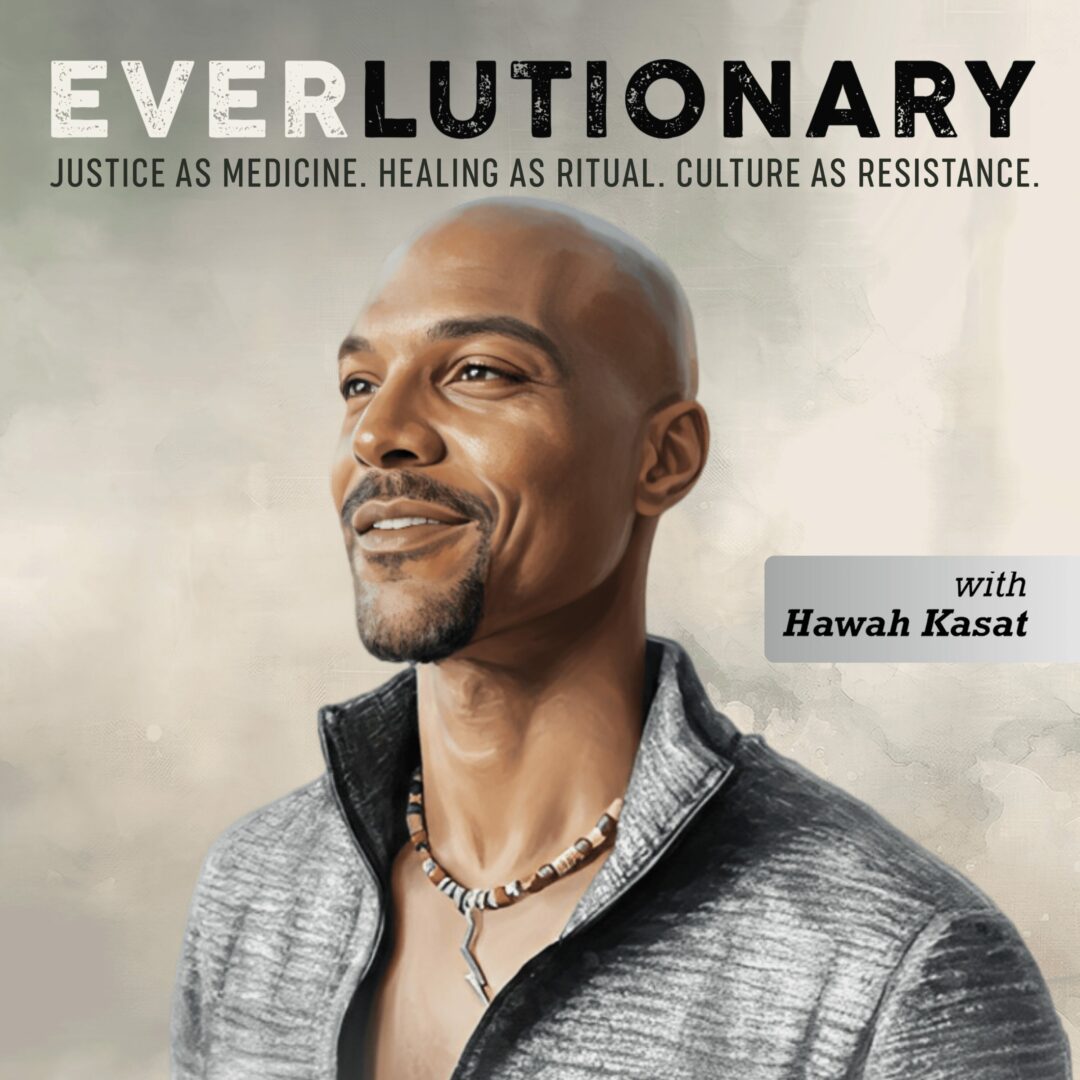We caught up with the brilliant and insightful Hawah Kasat a few weeks ago and have shared our conversation below.
Hawah, looking forward to learning from your journey. You’ve got an amazing story and before we dive into that, let’s start with an important building block. Where do you get your work ethic from?
I think it really started when I was young, traveling the world with my family and spending long stretches of time in places that weren’t industrialized, especially in India. I remember being a kid, walking through crowded train stations and dusty village roads, watching barefoot children with eyes full of light and hunger at the same time. I saw deep poverty up close, people working impossibly hard just to survive, families finding joy even without an abundance of material possessions. Those experiences carved a sense of purpose in me that’s never left.
From that point on, I couldn’t look at the world without feeling a sense of responsibility. I realized how fortunate and lucky I was, and how unfairly opportunity was distributed. So for me, work was never about achievement or climbing a ladder. It’s always been about service. I’ve never really felt like I “have a job.” What I do has always felt more like a responsibility than a career—a calling to respond to the suffering I’ve witnessed and the healing I know is possible. The work I do has always felt like a calling. Something that I’d be doing whether I got paid for it or not.
I work hard, but I don’t really get tired, because the work isn’t for me. It’s for the collective healing I know is possible. When I see the state of the world—violence, division, environmental collapse—I feel called to respond. That’s what keeps me going. It’s not about clocking in or out; it’s about answering that call, over and over again, in as many ways as I can.
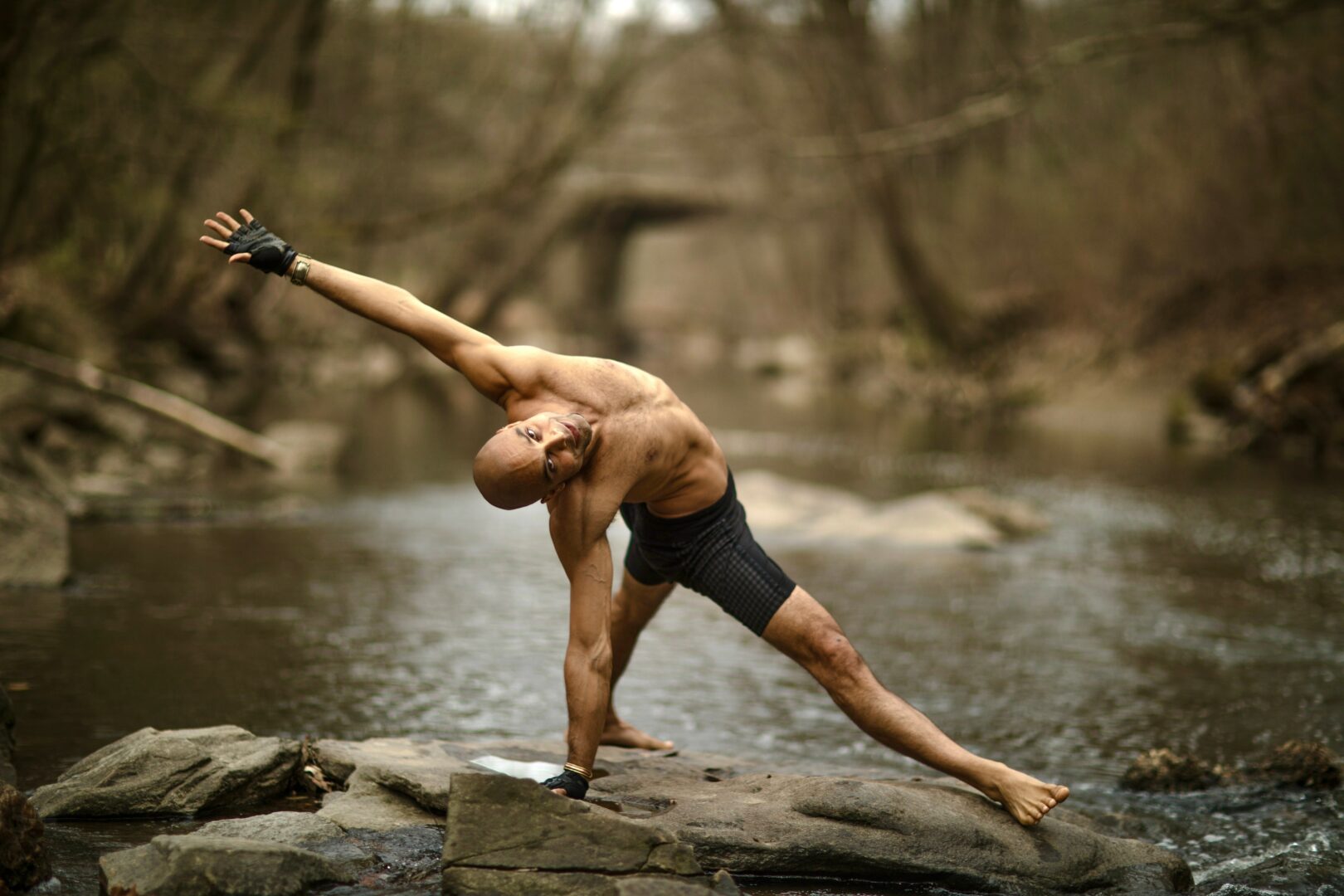
Thanks, so before we move on maybe you can share a bit more about yourself?
My work has always lived at the crossroads of art, healing, and social change. For more than two decades, I’ve devoted my life to creating programs and spaces that help people reconnect—with themselves, with one another, and with the Earth. I co-founded One Common Unity in Washington, D.C., a nonprofit organization that uses music, mindfulness, mental health services, and storytelling to end violence and build compassion in schools and communities. After leading that work for twenty-one years, I transitioned to focus on a broader vision of social impact.
In that spirit, I co-founded Roots to Sky Sanctuary, a BIPOC-led and operated healing arts and regenerative farming center located in the mountains of West Virginia. Based at the headwaters of the Potomac River, Roots to Sky is stewarding 125 acres of land and pioneering neo-indigenous approaches to healing intergenerational trauma—outside of cities and immersed in nature.
But my newest and most exciting project is The Everlutionary Podcast. It’s a space for deep dialogue—where visionaries, spiritual teachers, and cultural changemakers explore what it means to evolve as human beings during this pivotal moment on Earth. The show has already reached listeners in over a hundred countries and consistently ranks among the top podcasts in the Society & Culture category. It’s become an ongoing conversation about consciousness, creativity, and collective healing.
I’ve been a global educator for over two decades, teaching at conferences, festivals, and learning centers worldwide. I regularly lead retreats at Esalen Institute, Kripalu Center for Yoga & Health, and other leading institutions that explore meditation, breathwork, and the intersection of consciousness and creativity. What excites me most right now is how all these threads—education, art, ecology, and mindfulness—are finally weaving together.
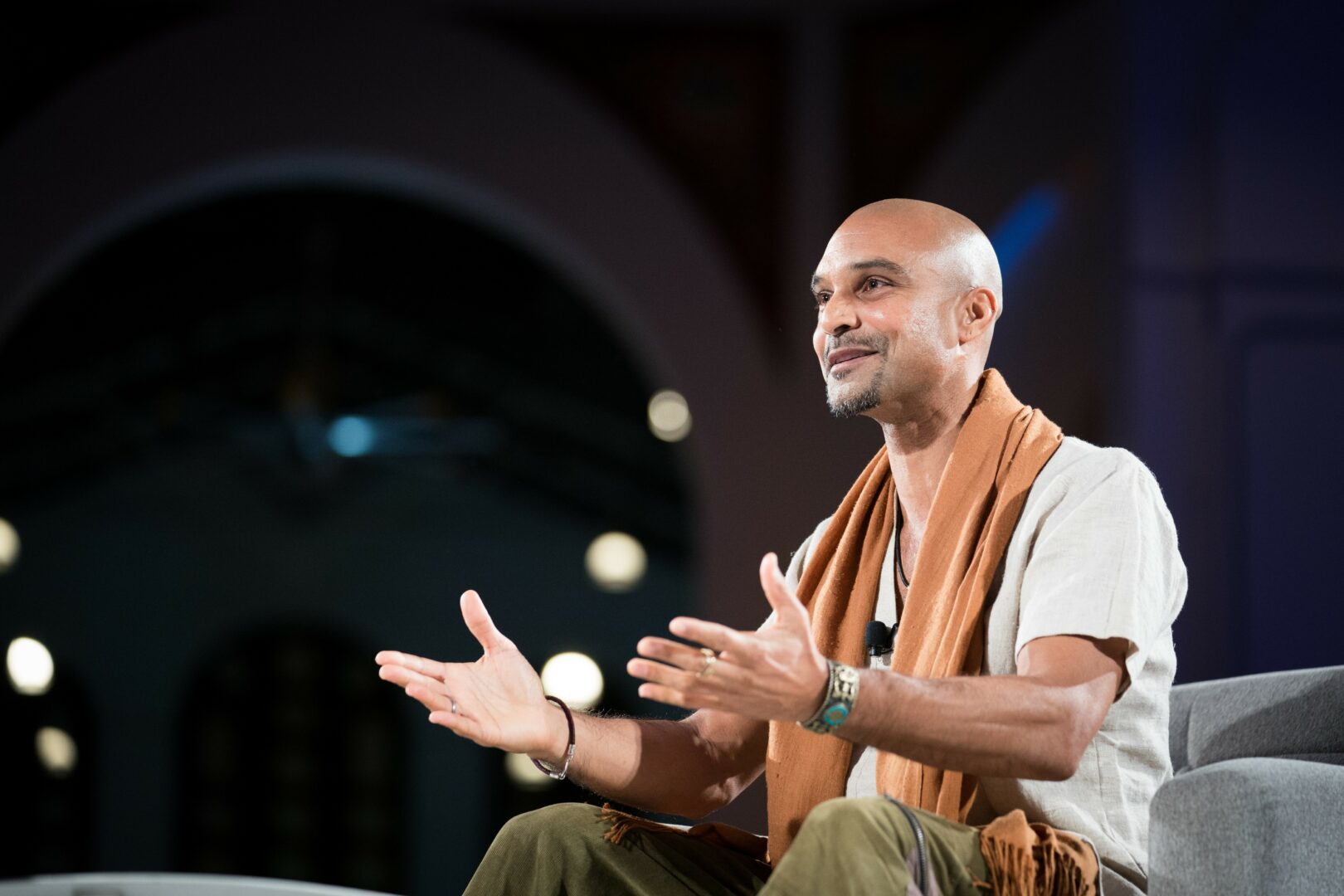
There is so much advice out there about all the different skills and qualities folks need to develop in order to succeed in today’s highly competitive environment and often it can feel overwhelming. So, if we had to break it down to just the three that matter most, which three skills or qualities would you focus on?
If I had to narrow it down, I’d say the three qualities that have shaped my path the most are resilience, emotional intelligence, and creative courage.
Resilience came early, and honestly, it came from necessity. Working in the nonprofit and creative worlds means you’re constantly navigating uncertainty, rejection, and loss. There were moments when funding fell through, projects didn’t land the way I hoped, or people I loved were taken too soon. I had to learn that resilience isn’t about forcing my way through challenges; it’s about knowing when to rest, when to listen, and how to return to the work with an open heart. My advice to anyone starting out is: build practices that help you reset. Meditation, breathwork, time in nature, those aren’t luxuries; they’re what keep you grounded for the long haul.
The second quality is probably Emotional intelligence. This has been the compass for everything I do. It’s the ability to understand yourself, to read the room, and to really listen—not just to what’s being said, but to what’s underneath. It’s about being able to hold space for people, even when it’s uncomfortable. When you can do that, leadership becomes more about trust than control.
And the third one is Creative Courage. Every big step in my life came from saying yes to something that scared me, starting a nonprofit, making films, hosting a podcast, building a healing arts and retreat center, and writing. Courage doesn’t mean I’m not afraid; it means I keep moving anyway because the calling is bigger than the fear.
For anyone just beginning their path: don’t rush. Focus less on building a career and more on building character. The outer work will always reflect the inner work.
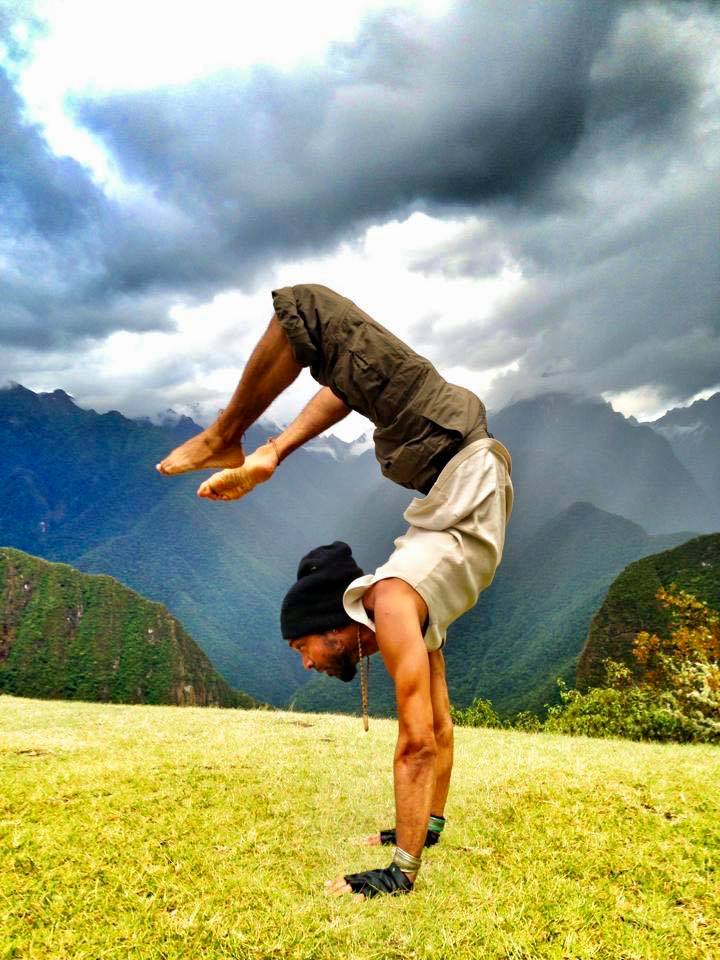
Awesome, really appreciate you opening up with us today and before we close maybe you can share a book recommendation with us. Has there been a book that’s been impactful in your growth and development?
One book that really transformed the way I see education, leadership, and social change is “Pedagogy of the Oppressed” by Paulo Freire. I first read it in my early twenties, and it cracked something open in me. Up until that point, I’d been teaching and mentoring mostly by instinct—through music, poetry, and mindfulness, Freire gave language to what I was already feeling: that true education isn’t about depositing information into people, it’s about awakening what’s already alive inside them.
Freire’s idea that the teacher and the student are co-learners completely changed how I approached every classroom, every circle, and eventually, every organization I built. It taught me that real empowerment happens when we dismantle hierarchies and create spaces where everyone’s lived experience holds value. That belief became the foundation for One Common Unity, where young people weren’t just “participants” but teachers of their own wisdom, shaping the culture around them.
Another big lesson from that book is that liberation isn’t a one-time event; it’s a continuous process. Freire reminds us that if we’re not conscious, we can easily recreate the very systems we’re trying to transform. That hit me hard. It’s why I strive to stay in constant reflection, ensuring that my activism, leadership, and even my art are not just reacting to oppression but reimagining what freedom can look like.
Pedagogy of the Oppressed taught me that the most important thing we can do is learn with each other, not about each other. That’s how true transformation begins.
Contact Info:
- Website: https://www.HawahKasat.com
- Instagram: https://www.instagram.com/hawahkasat
- Facebook: https://www.facebook.com/everlutionary/
- Linkedin: https://www.linkedin.com/in/hawah/
- Youtube: https://www.youtube.com/@everlutionary
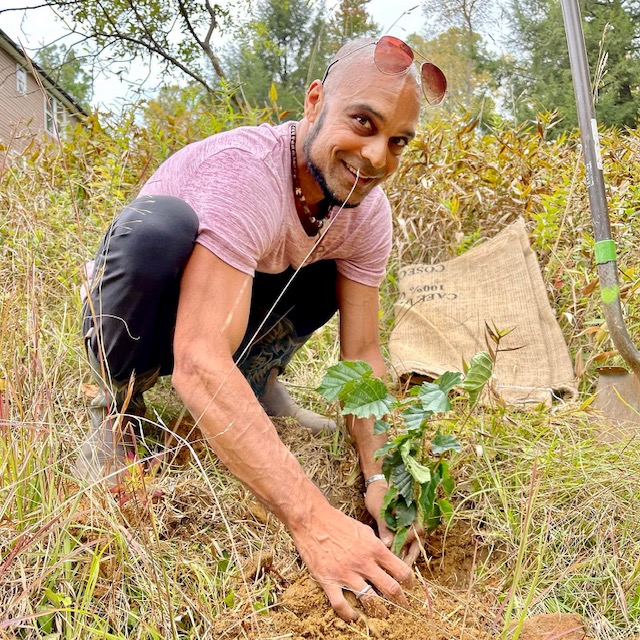
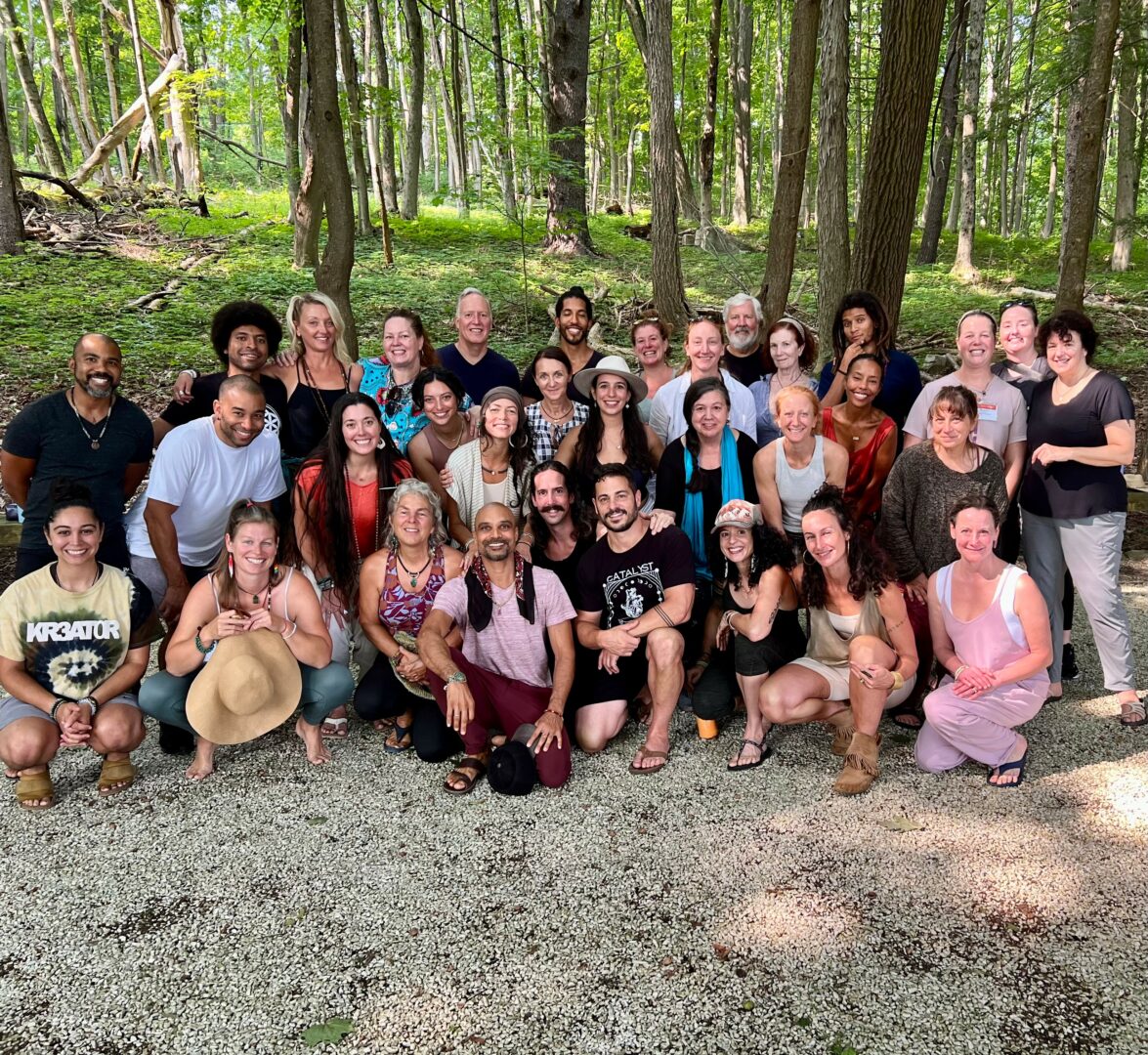
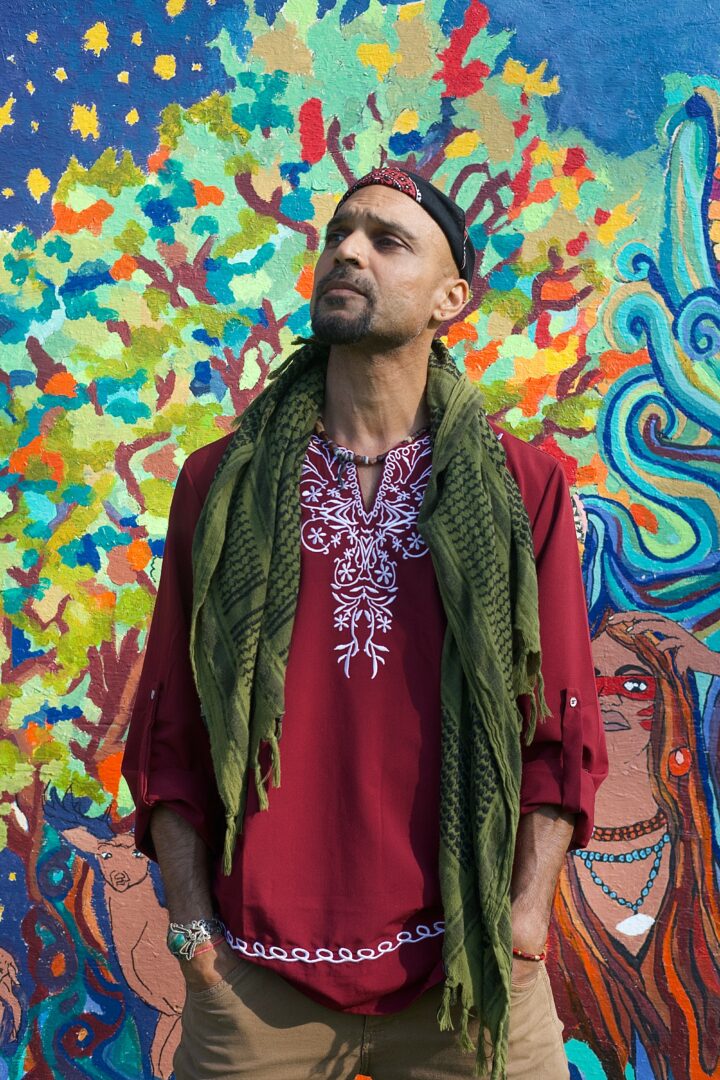
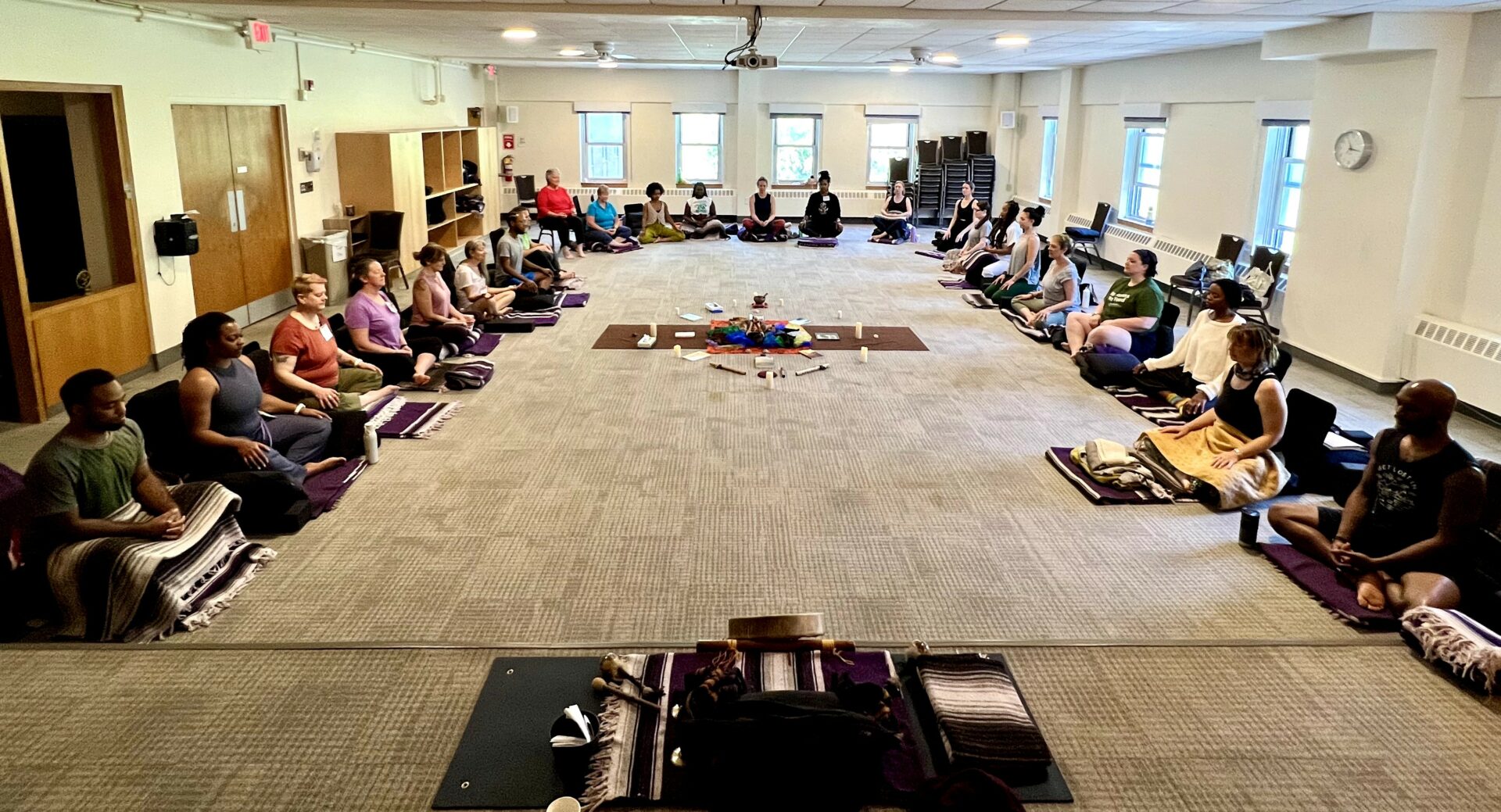
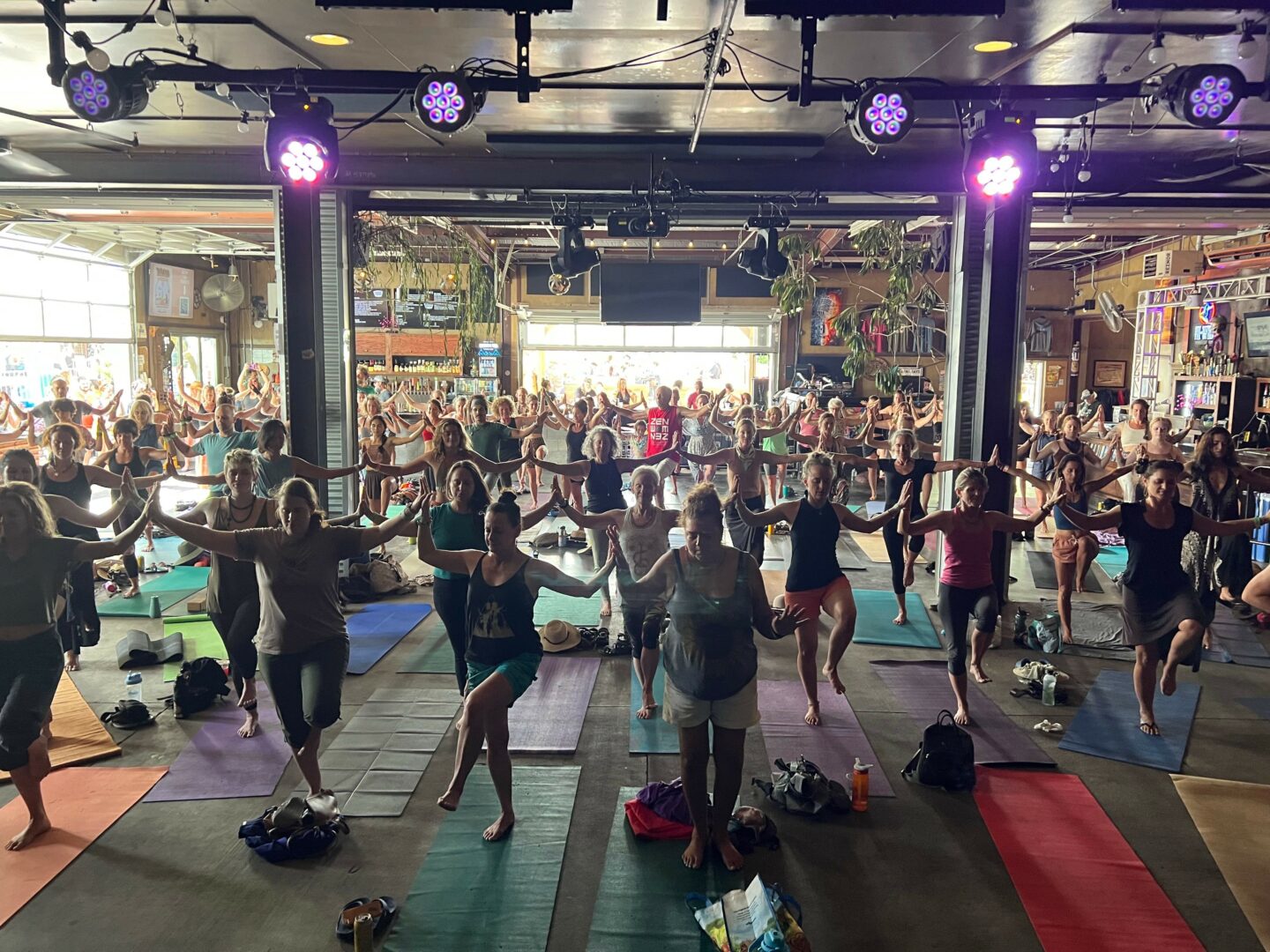
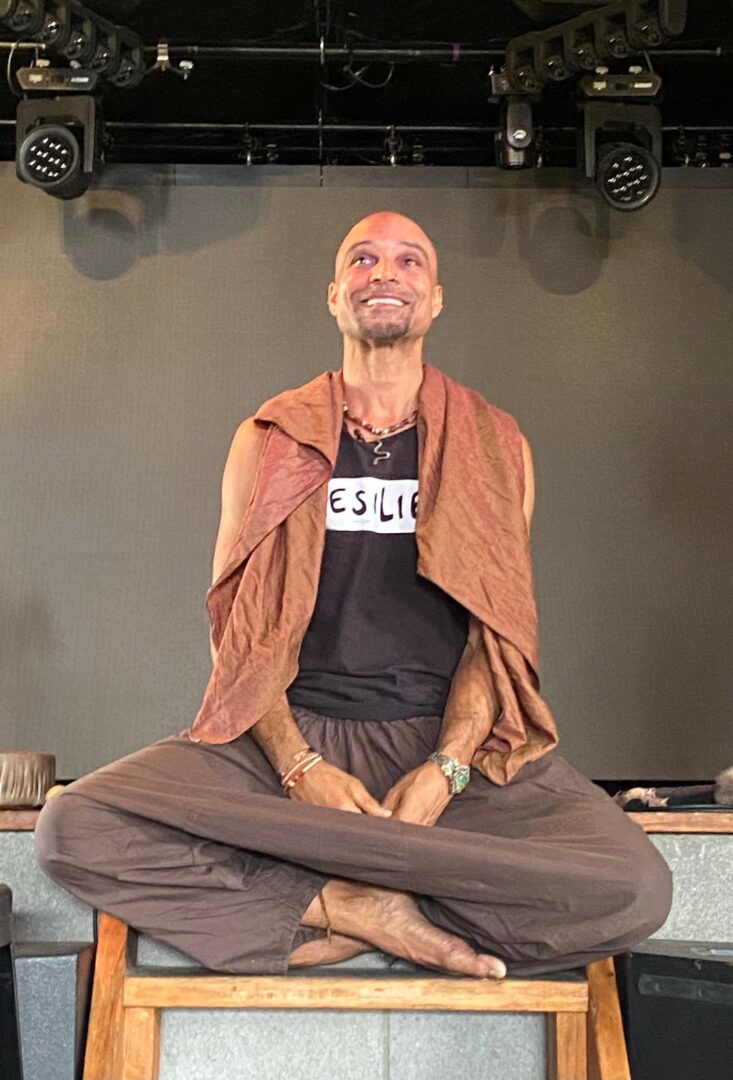
so if you or someone you know deserves recognition please let us know here.

